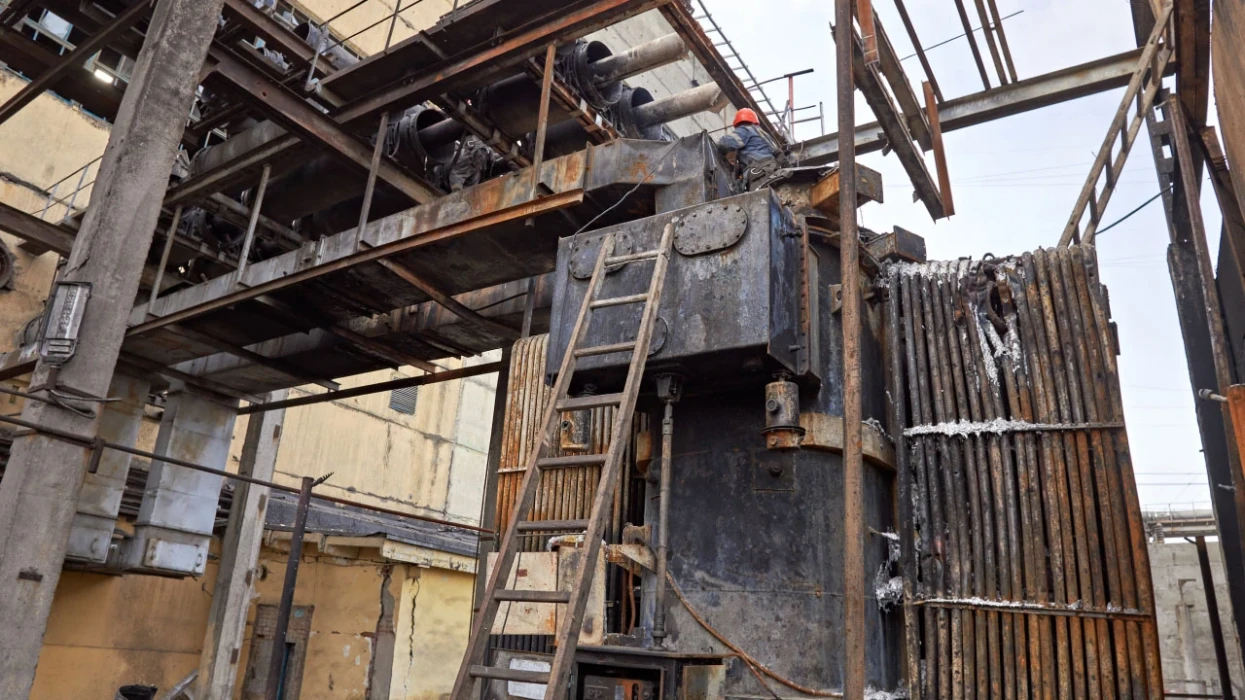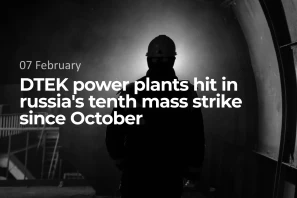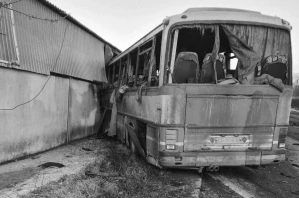In a recent Financial Times article, it was reported that russia has shifted its approach to targeting Ukraine's energy infrastructure. Instead of widespread attacks, Moscow is now focusing its precision missile strikes on power stations in regions less protected than the capital Kyiv.
According to Timchenko, the DTEK CEO, this change in tactics has resulted in the company losing around 80% of its power generation capacity in the last week of March. "Our goal is to restore as much as we can by October," Timchenko said, noting that plans are in place to bring some substations and larger power stations back online, provided there are no further attacks.
The article highlights that had it not been for the warm weather, energy imports from the EU, and an increase in renewable energy generation, Ukraine would have experienced widespread blackouts, as it did in the previous winter campaign.
However, Timchenko explains that the current Russian strategy is to "destroy them [power plants] completely because it is not possible to rebuild power stations in a short time."
This shift in tactics underscores the importance of distributed generation, such as wind farms and solar stations, which are more resilient to targeted strikes.
"All of us need to be thinking that after this winter, we'll have another and another," Timchenko said. "The solution for us is distributed generation."
DTEK's CEO emphasised that increased reliance on renewable energy sources could significantly enhance Ukraine's energy security and resilience.
Read the full article on the Financial Times (paywall).









